- According to the World Health Organization, 9 out of 10 people breathe in polluted air.
- Air pollution is also responsible for one third of deaths from stroke, lung cancer and heart disease.
- Particulate matter contributed to more than 400,000 premature deaths in Europe.
Problems this initiative aims to tackle:
- Current EU standards are less ambitious than scientific advice.
- Not all reported data is equally useful.
- EU air quality standards allow higher air pollutant concentrations than is scientifically advisable.
- The Ambient Air Quality Directive states standards for 13 different air pollutants; for several pollutants these standards are not recommended by the World Health Organization (WHO).
- There is scope for further improvements to the legislative framework, regarding penalties and public information.
- There are substantial delays in taking appropriate and effective measures to meet all EU air quality standards throughout Member States.
- The criteria on monitoring could be further clarified to reduce ambiguity and increase the comparability of air quality data.
- Air quality models have improved but they are not yet used to their full potential due to the lack of common modelling standards.
- Air quality plans have not always lived up to the requirement to ensure compliance with the EU air quality standards.
- Several activities such as agriculture, industry and transportation release air pollutants harmful to both the environment and human health.
- Exposure to air pollution can damage the respiratory system and lead to premature death especially in European cities where the exposure is the highest.
Solutions:
- MHR endorses this initiative to revise the Ambient Air Quality Directive and supports all efforts towards this cause.
- MHR suggests allowing more opportunities for Civil Society Organizations to aid the EU in minimizing the amount of pollution.
- Governments need to implement more strict regulations regarding air pollution with serious penalties if those regulations are overlooked.
- It is absolutely vital to increase education and awareness regarding air pollution.
- MHR suggests encouraging the youth to come up with creative ideas to end all pollution.
- E-reporting allows more efficiency and reduces most errors when it comes to monitoring.
- Consider adopting modern pristine solutions to end air pollution. In Italy there are smog-eating buildings that absorb smog from the air and turn chemicals such as nitrous oxide to harmless salts that eventually get washed up with rainfall.




